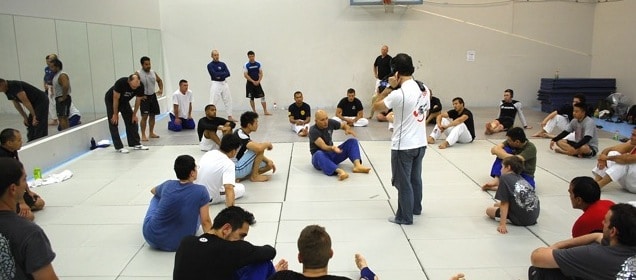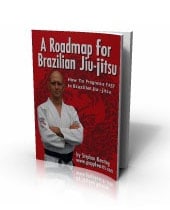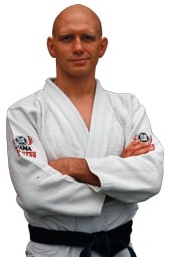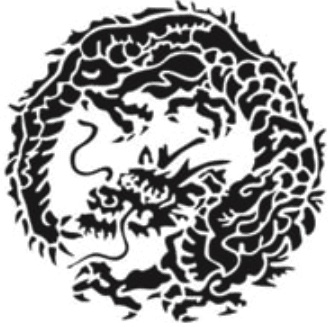
Physical attributes are things like balance, neck strength, limb length, explosiveness, leg flexibility, and percent body fat. Your physical attributes are the foundation of what you can do with your body, and are influenced by genetics, training, age and injuries.
Some instructors teach as if everyone, regardless of age, build and flexibility, can use the same techniques. Well I’m here to tell you it’s not true: physical attributes do strongly affect which techniques you’ll be able to use against a struggling opponent. How your body is put together is an important factor to consider when you build your game.
The rest of this article will take a look at some concrete examples of how physical attributes aid, or hinder, the performance of specific techniques.
- Explosiveness and endurance are prerequisites for a ‘mobility‘ game. If you don’t have these attributes then you’re still left with the option of a slow crushing ‘positional’ game.
- Different throws require different attributes. Great balance is critical for some throws like Uchi Mata, but others like Seionage require explosiveness. Timing is great to have for most throws, but some throws like footsweeps just won’t work without it.
- People who regularly apply successful collar chokes tend to have killer grip strength (which can be improved by exercise)
- Standing guard passes require more balance and leg strength than do kneeling guard passes
- Longer legs are great for applying triangle chokes, and short-legged grapplers definitely need to make some adjustments in order to finish this submission
- Leg length is important for some, but not all, footlocks. The most leg-length-dependent footlock is probably the straight ankle lock (but Andre Arlovski proved me wrong by ankle locking giant Tim Sylvia in the Octagon). Leg length is a bit of an asset for heel hooks, but less so than for the ankle lock. On the other hand, leg length doesn’t have much to do with successfully executing most kneebars, hip locks and calf cranks
- If you want to master the rubber guard (example shown here) then flexibility is very important; at a minimum you probably need to be able to put one foot behind your head and touch both knees to the ground when doing the ‘butterfly’ stretch.
- Strong arms can make some submissions more effective, including most guillotines, the Brabo choke, and the Kimura. Arm strength isn’t as important for performing the armbar, but it is very helpful when it comes to defending the armbar.
- Leg length amplifies the effectiveness of the spider guard, but is relatively unimportant when it comes to using the half guard and X Guard
Keep in mind that every grappler who has ever set foot on a mat has had one or more ‘weaker’ attributes. You can compensate for weak attributes in several ways.
First of all, many attributes can be changed: flexibility, strength, endurance, speed, and balance can all be improved with training and conditioning.
Secondly, you can build your ‘A game’ around your strong attributes and figure out how to avoid depending on your weaker attributes.
Third, there may be technical answers to your problems. Talk to your instructor, ask your training partners and look on the internet for ideas.
In closing, let me emphasize that you should still spend some time learning and practicing techniques that aren’t well suited for your body. Doing this will tighten up your defense: by practicing techniques, even ones that don’t fit your body, you sensitize your spider sense to tingle when people are getting ready to try those technique on you. Also keep in mind that you may end up teaching some day, and you want to have techniques to show people who are physically dissimilar from yourself.


